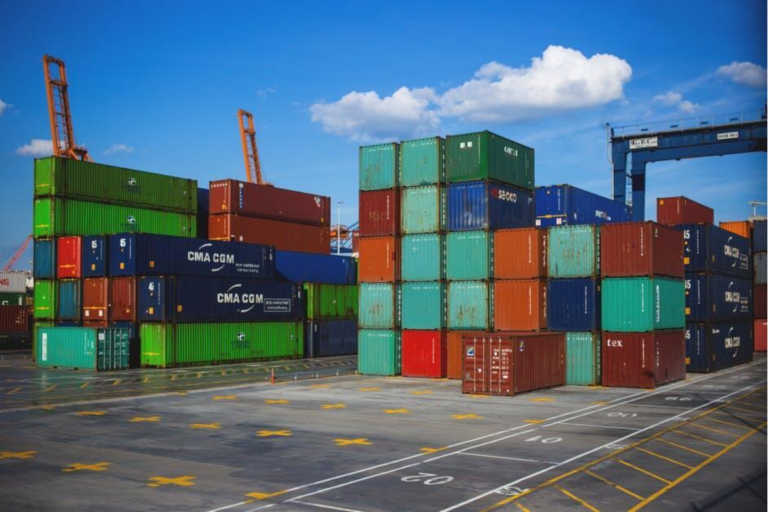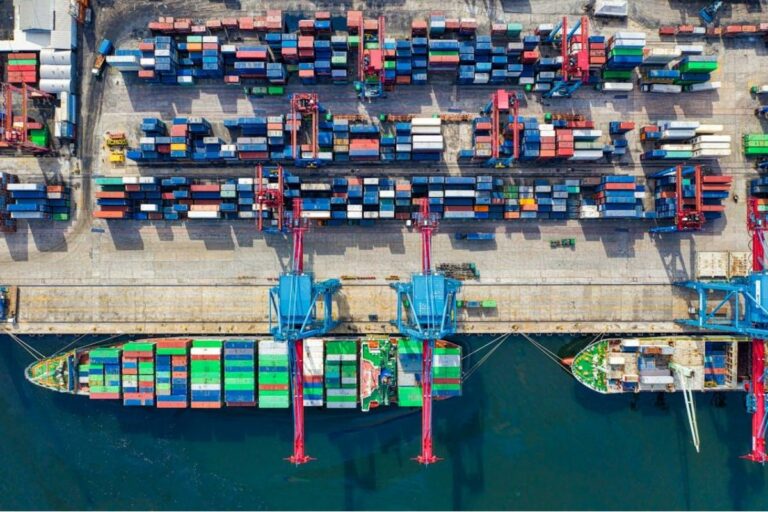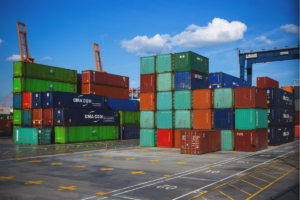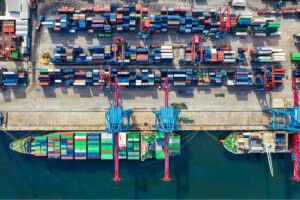Businesses rely heavily on economic fundamentals to set policy and procedure. While the United States gross domestic product rose slightly, economic data left logistics service providers and shippers with contradictory indicators.
Interest rates, dollar value, the increasing debt bubble and the increasing despair to control debt that goes along with it, is leaving executives unsettled as to how they can optimize operations across the board. To make matters more complicated, mounting pressure from the government to reduce pollution has exposed businesses to the risk of dramatically higher transportation costs.
Moving forward, more than ever, businesses will need to reduce their transportation expenses if they want to remain in the green. Here are a few ways that executives will reduce costs merely by making a few logistics adjustments.
Post Contents
Control Inventory
When it comes to inventory, here’s what happened in 2018 and what you should not do in the future. When the steel and aluminium tariffs took effect, companies that relied on foreign supply tried to stock up on inventory as there was a lack of clarity on how much to order. The smaller businesses understood that supply and demand could not be met at conventional pricing models.
Customers wanted to spend less which meant that small businesses would need to have had the inventory to meet their demands. The risk though was an overabundance and excess of merchandise.
2018 has shown a taste of tariffs. Moving forward, if businesses want to survive it’s essential that they’re prudent with the products that they stock up on. To reduce transportation costs, reduce excess inventory. Only purchase in bulk the staples of your business and what’s guaranteed to sell. Otherwise, your business might be left with a whole lot of product and a whole lot of expenses.
Hire a Logistics Provider to Trim Spending
Third-party logistics providers play a vital role in many mainstream companies because they reduce overhead while improving the efficiency of delivery methods. When outsourcing, you receive valuable assets like technology, freight reduction costs and expertise in logistics.
Many small businesses cringe at the idea of outsourcing and that’s exactly what prevents them from growing. Is it such a crazy idea to think there’s a company out there better equipped to handle logistics then yours? Is it such a crazy idea to think that they’re actually going to save you money while doing a better job with transportation? Savvy businessmen think not.
Hiring service providers who specialize in logistics will save your business time, money and effort – all precious resources that can be focused elsewhere.
Consolidate Shipping
A logistics strategy that helps reduce cost include shipment consolidation, which takes more than one order or shipment and distributes it to the same customer. Shipments include multiple companies which streamline delivery of goods to reduce their overall cost model.
Small companies can also benefit from working locally. You or your employees can get your CDL through online truck driving schools which will allow you to have an in-house team for local products and transportation. While outsourcing logistics will be a massive help for more complicated distribution systems, having an in-house system for local goods will also reduce your transportation costs.
Negotiate Carrier Performance Metrics
When working with transportation companies, it is important to establish groundwork that defines carrier performance expectations since it is your reputation on the line. Not only will such a measurement reduce your cost, but it puts pressure on the carrier to deliver products efficiently which adds a level of security.
Metrics include delivery timetables, customer feedback, damaged goods, return shipments and accuracy of shipment.
Most importantly, like any good relationship – business or not, establishing metrics will communicate what you’re looking for. Being clear in what you expect out of your partners will help them deliver exactly what you need and in the way that you want it.
Analyze Carriers
When looking for transportation providers, it is vital that your management team identify the most qualified and affordable company for the job which means you need to analyze carriers.
Look at each carrier as a vendor so that you get the best pricing models per volume metric which may end up being different carriers for routes. Reducing them to a select few will increase volume and negotiate costs for market share and route access.
For companies looking to reduce transportation costs, data assessment is crucial as a single decision impacts policy planning. A logistics and transportation error will have repercussions that affect a business’s daily operations like pricing models and delivery targets. Any deviation from the norms will result in a loss of customer base or revenue.






























